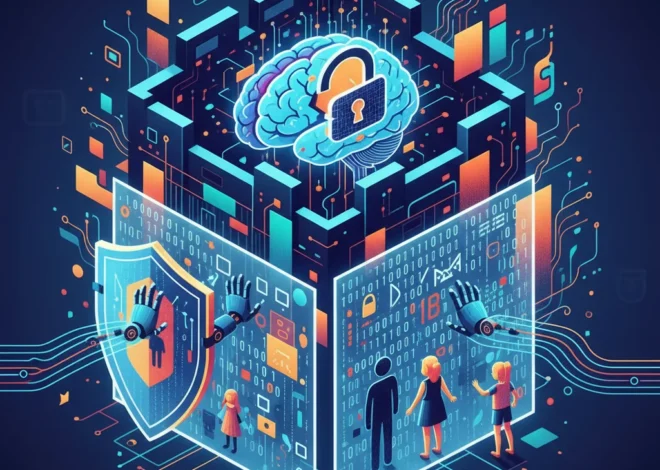Apple’s Privacy Wall Under Siege: What the UK’s New Data Demand Means for Tech’s Future
Ever sent a private iMessage, shared a photo with a loved one, or stored a sensitive document in your iCloud Drive? You probably did it with the implicit trust that “private” actually means private. For years, Apple has built its brand on that very promise—a digital fortress protecting your personal data. But that fortress is now facing a significant challenge, not from a hacker in a dark room, but from a government with a legal warrant.
A new development has emerged in the long-simmering privacy battle between global governments and Big Tech. The UK government has issued a new data demand targeting UK Apple users, escalating a complex international dispute that involves the highest levels of government and the core principles of our digital lives. This isn’t just a news headline; it’s a critical moment that could redefine the boundaries of privacy, cybersecurity, and technological innovation for years to come.
So, what’s really going on, and why should you—whether you’re a developer, a startup founder, or just an everyday tech user—be paying close attention? Let’s break it down.
The Core Conflict: National Security vs. Digital Privacy
At the heart of this issue is a classic, high-stakes dilemma: where do we draw the line between a government’s need to investigate crime and an individual’s right to privacy? On one side, you have governments arguing that access to encrypted data is essential for preventing terrorism, child exploitation, and other serious crimes. On the other, you have tech companies and privacy advocates warning that creating a “backdoor” for the good guys inevitably creates a vulnerability that the bad guys will exploit.
This specific demand is part of a broader legal framework, most notably the UK-US Bilateral Data Access Agreement. This agreement, stemming from the US CLOUD Act, allows UK law enforcement to request data directly from US-based tech companies (and vice-versa) without having to navigate the slow, traditional legal channels. In theory, it speeds up justice. In practice, it puts companies like Apple in an incredibly difficult position.
Apple’s stance has been famously uncompromising. Their systems, such as iMessage and FaceTime, are protected by end-to-end encryption. This means that only the sender and receiver can read the messages. Not even Apple can access the content. To comply with a demand to turn over the content of these messages, Apple would have to fundamentally re-engineer its software and weaken the security for all its users. This is a red line they have publicly refused to cross, most famously in their 2016 standoff with the FBI over the San Bernardino shooter’s iPhone.
The Ripple Effect: Why This Matters for Developers and Startups
If you think this is a battle that only concerns a trillion-dollar company, think again. The precedent set here will have a massive ripple effect across the entire tech ecosystem, especially for startups and those in the SaaS (Software as a Service) space.
The Trust Deficit and Your SaaS Business
For any SaaS or cloud-based business, trust is the ultimate currency. Your customers trust you with their data, whether it’s personal photos, business financials, or proprietary code. If the platform you’re built on (like AWS, Google Cloud, or Azure, which are all subject to these laws) or the principles of your own application are perceived as insecure, that trust evaporates.
This UK-Apple row highlights a growing challenge for startups: data sovereignty. Where you store your data matters. A European customer might be wary of their data being stored on a


